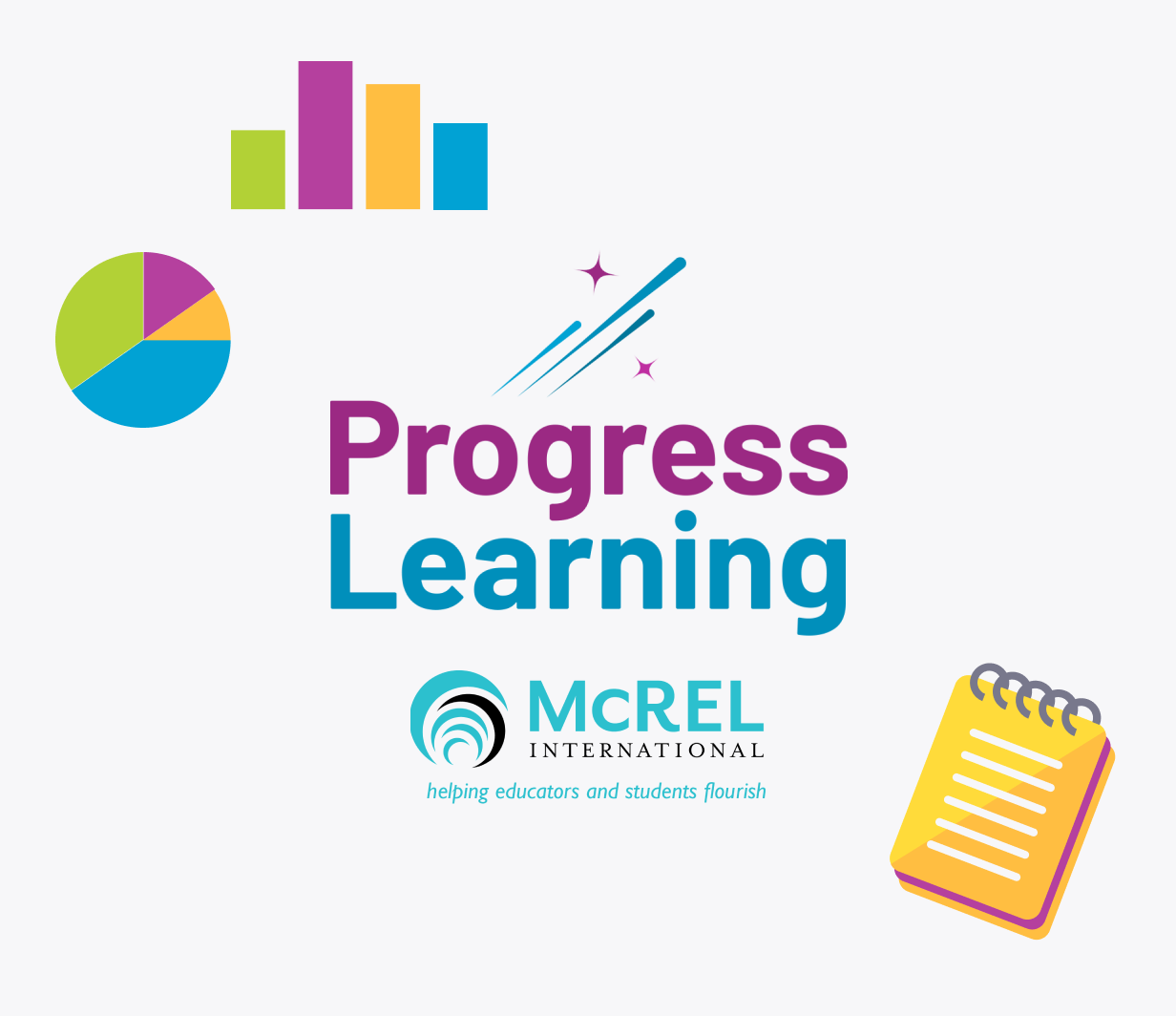As Colleges Drop SAT/ACT Requirements, More States are Requiring Them for High Schoolers
Out of over 2,300 total schools in the United States that offer Bachelor’s degrees, more than half (1,240) have said that they will no longer require any students to submit their ACT or SAT scores in order to apply for admission in fall of 2021. This comes from a report provided by the National Center for Fair & Open Testing.
At the beginning of 2020, this number was 200 universities fewer— pointing to the sweeping wave of public sentiment leading to the optional status of these long-required tests.
However, while the majority of universities are no longer requiring ACT or SAT scores for student admissions, that doesn’t mean all students are off the hook. At the same time that this optional status is being applied at the college level, some states are introducing requirements for students to take ACTs or SATs in order to graduate. This has created a unique situation where high schools require a college readiness test that the colleges themselves don’t even require.
While this may seem to put educators and students in a tough spot, we’re here to help dig through the facts about SAT and ACT requirements at the high school level— and help you ensure that students are ready for whatever is required of them.
Why U.S. Colleges Have Dropped ACT/SAT Requirements
First, why the sudden drop in colleges requiring SAT or ACT scores for admission?
It’s easy to point to the COVID-19 pandemic and its related shutdowns which made taking the tests in-person all but impossible. In fact, it’s estimated that the pandemic stopped at least 1 million SAT test-takers in the class of 2021 from being able to complete their exams— and the real number is likely far higher.
However, while COVID-19 may have poured gasoline on the fire that’s burning down SAT and ACT requirements, the trend actually started earlier.
For some time, it’s been reported that requiring SAT and ACTs leads to increased disparities in educational access along racial and ethnic lines, causing minorities and marginalized groups to face even more obstacles when pursuing their education and futures.
Meanwhile, research seems to suggest that ACTs and SATs are not always the strongest indicator of career success, or even success at the secondary education level. The result? More and more colleges are phasing them out.
Nevada Implements ACT Reuirement
And yet, high schools have not all followed suit. In fact, some are moving in the other direction. Nevada is one example, with their state education governing body deciding that ACTs will be required.
Here’s the official website of the State of Nevada Department of Education:
To be eligible for graduation, all students, free of charge, must participate in Nevada’s College and Career Readiness (CCR) assessment during their junior year of high school on the day selected for testing. The State Board of Education chose the ACT as Nevada’s CCR assessment. A student’s ACT score will not be used to determine graduation eligibility, but can be submitted with college applications. The ACT is a nationally recognized college admissions exam that is accepted by all four-year colleges and universities in the United States.
Indiana Requires SAT for Graduation
Meanwhile, Indiana has done the same— though they’ve chosen the SAT over the ACT. The requirement will go in effect for juniors in the class of 2023 this coming fall. Under Indiana’s new framework, the state will meet federal accountability requirements through the SAT, chosen specifically because it is generally used as a boon for college admissions.
Other States Requiring SAT or ACT for Graduation
States like Nevada and Indiana aren’t alone. Several other states require either the SAT or ACT be completed by students to graduate.
States Requiring SAT for Graduation
- Colorado
- Connecticut
- Delaware
- Illinois
- Maine
- Michigan (except Spring 2021)
- New Hampshire
- Rhode Island
- West Virginia
States Requiring ACT for Graduation
- Hawaii
- Kentucky
- Nebraska
- Montana
- North Carolina
- Nevada
- Wisconsin
- Wyoming
- Alabama
What This Means for Educators
So, what does this mean for educators in states where ACTs and SATs are required? It means that they’ll still need to be meeting those education standards among students and teaching in line with what they’ll expect to see on these tests.
Fortunately, USATestprep is here to help. Our entire platform of educational resources and tools is designed to help educators meet their students’ real learning needs while also preparing them to meet the specific requirements of their state’s education standards— including required exams for graduation such as the ACT or SAT.
At USATestprep, we’re always staying up-to-date on all legislative changes, changes to course requirements, and other adjustments that affect you and your students so that we can offer the most up-to-date resources to help them succeed.
Meanwhile, we offer flexible and affordable pricing that gives you the entire coursework required for your state across all grade levels.
Ready to try it? Get a free 30-day demo of USATestprep today.
